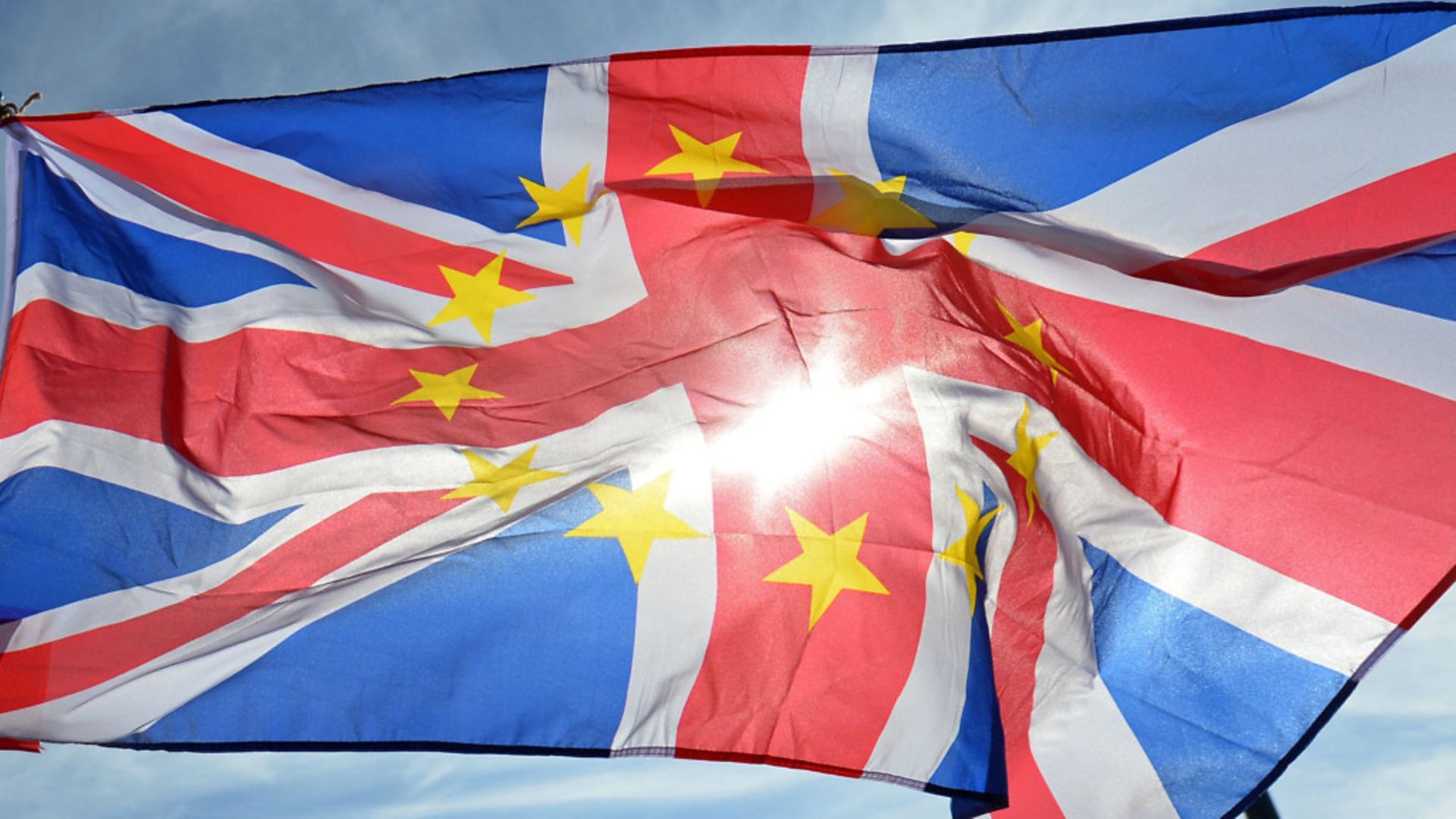
There is a radical – but feasible – way to avoid the disastrous Brexit heading our way, says JONATHAN CHAPLIN
With less than 50 days to go there is now only one way to rescue the nation from a calamitous Brexit outcome: rescind Article 50. The aim would not be to cancel Brexit but to put it on hold – to allow the nation to step back from an act of grotesque national self-harm and global reputational damage, take some long, deep breaths, and, for the first time, engage in serious national deliberation about the next steps required to ‘honour the 2016 referendum’.
Given the toxic paralysis into which parliament has descended, there are simply not enough business days left to salvage any credible Brexit outcome and the civil service is seriously under-prepared. There is no prospect that Theresa May will bring back from Brussels by the end of February anything like the necessary concessions required to bring the DUP/ERG behind her deal. And in spite of Jeremy Corbyn’s supposedly conciliatory (but probably tactical) gesture towards consensus, the chasm between Labour’s position and the government’s still seems unbridgeable.
A mere delay – even until December 2019, as proposed in the failed Cooper amendment – would only put off the critical moment of decision while leaving the nation suspended in high anxiety and parliament in ongoing turmoil, incapable of addressing other urgent national issues.
The decision to revoke would be justified as the only rational course available in the face of an imminent national emergency. In the face of the predictable howls of tabloid rage at ‘establishment betrayal’, it would have to be made absolutely clear that Brexit was being paused, not blocked.
A process would rapidly have to be put in place to deliver on that claim. It could, for example, be constituted of coordinated ‘top-down’ and ‘bottom-up’ processes. The first would be an independent constitutional convention composed of MPs, peers, representatives of the other three UK parliaments and of local governments, civil servants, academic experts, business and union leaders and other key public figures.
The second would be multiple citizens’ assemblies, meeting across all regions of the UK and charged with facilitating numerous public meetings open to a wide range of voters – a proposal recently advanced by Gordon Brown.
The two processes would be synchronised in order to produce, after one or two years (or as long as it took), a defined range of feasible, evidence-based options that could be listed on a ballot paper. Probably almost all the Withdrawal Agreement, including the backstop, would survive the rigorous scrutiny of such a process, but the process would allow a variety of contending proposals on the shape of the Political Declaration on our future relationship to the EU to emerge – including, of course, a Remain option.
The process would culminate in a second referendum in which voters would rank their preferences in such a way that a clear super-majority would emerge. Armed with this result, the government would then trigger Article 50 again, but this time fully prepared. Any subsequent negotiations could then take much less than the allotted two years.
Among other things, such a process would allow a positive view of the UK’s relationship to Europe to be aired for the first time, one rising above the transactional economic utilitarianism that sucked all inspiration out of the 2016 Remain campaign. As Gordon Brown puts it, citizens could be presented with ‘a more powerful, patriotic vision of a Britain at our best – as an outward-looking, internationally minded country for which the Channel is not a moat defending us from the world but a highway taking us to its every corner’.
Given that neither frontbench seems remotely minded to take such an initiative, the only people who can bring it about are backbench MPs. Tory and Labour backbenchers who oppose no deal and are open to the national conversation just outlined – hopefully joined by a handful of dissenting frontbenchers – must work together to force a motion of no confidence in the government and form a new cross-party administration.
Such an initiative would not constitute, or presuppose, a new political party. It would be a temporary parliamentary fraction assembled to address an otherwise insoluble national crisis. It might last only until either the second referendum or the 2022 election. Its prime minister would come from the largest party grouping making it up, its deputy PM from the second. Ideally it would be backed by the SNP and the Lib Dems. Cabinet posts would reflect the overall composition of the new parliamentary fraction.
The first act of such a government would be to revoke Article 50: the ECJ has ruled that this can be done unilaterally. Its second would be to launch something like the national conversation sketched above. Its third would be to attack the urgent policy crises that Brexit has forced beyond Whitehall’s bandwidth, within the terms of whatever the fraction’s political agreement allowed.
The backbench leaders who could bring this about have already been engaged in cross-party conversations for many months. So far they have been able to muster only a jumble of poorly coordinated amendments, none of which have succeeded in preventing a no deal outcome. We know who they are. They must act now.
• Jonathan Chaplin is co-editor of God and the EU: Faith in the European Project (Routledge 2016)










